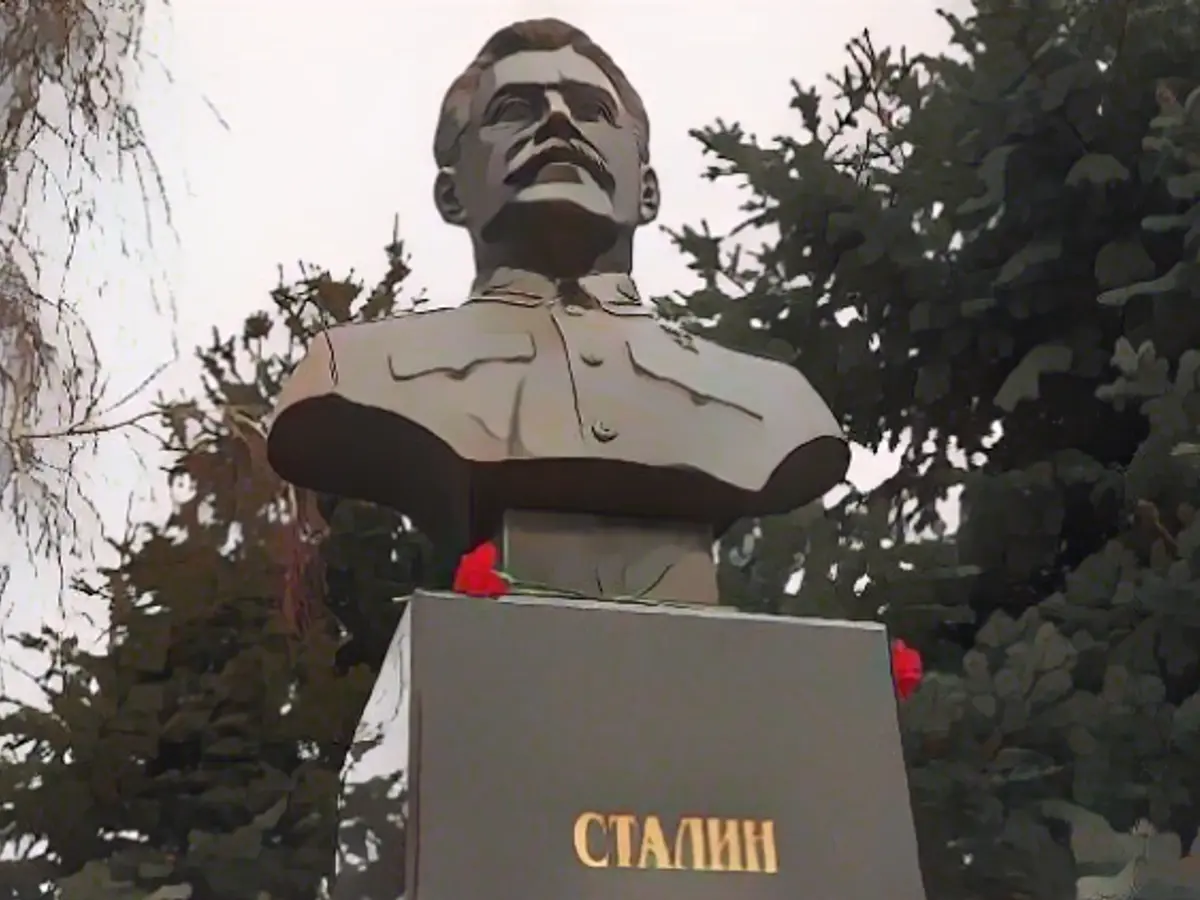Rumbling for Stalingrad's Return? Unpacking Putin's Potential Move
Joseph Stalin bestowed the title of Stalingrad upon the then-Tsaritsyn city in 1925. A century later, its modern-day governor, Andrei Botsharov, advocates for this old moniker's reinstatement – an initiative boldly forwarded by Botsharov, citing his personal affinity for Russia's military history and Soviet heritage. Volgograd, the current name of the city, was restored in 1961, following Stalin's death. However, the city reverted momentarily to its previous name during the 80th anniversary commemoration of the Red Army's victory over the Nazis in the Battle of Stalingrad, leaving many curious about the possibility of an enduring name change.
Putin's Visits: Stepping Back in Time
During Vladimir Putin's visit to Volgograd, the city street signs still read Stalingrad – a familiar sight from the heyday of Josef Stalin. Putin was greeted with a splash of nostalgia during his sojourn, which was an intentional gesture to hark back to the city's rich history and its role in the fight against Nazism.
Although Putin may not be overtly fond of Stalin, this event was framed as an homage, emphasizing that the people of Volgograd are carrying on the legacy of their ancestors in the fight against adversaries.
Botsharov's Detraction and Kremlin's Reservations
Since he became Volgograd's governor in 2014, Botsharov has been pushing for the city's name change, citing his ardor for historical military valor and Soviet heritage.
Although doubters evoke reservations about renaming the city, particularly in light of Botsharov's ambition and the Kremlin's lukewarm stance, the relationship between Putin and Bolsharov seems amiable. Taking into account Botsharov's resilience and solid friendship with Putin, some sources anticipate Putin may ultimately succumb to Botsharov's appeal.
Stalin's Legacy: Support and Controversy
The notion of changing Volgograd's name back to Stalingrad has sparked heated debates. While some Russians highlight Joseph Stalin's crucial impact on the country's industrialization and the Soviet Union's victory in World War II, others have expressed concerns about reviving the memory of a brutally repressive leader.
Public conviction in this matter remains truly divided, but Botsharov's enthusiasm for the change has garnered attention. Regardless, a name change could risk further division between the city's inhabitants and the regional community during a significant political period – the upcoming presidential elections.
Awaiting Putin's Decision
As challenges and concerns surface, the fate of Stalingrad's potential return hangs in the balance. Putin's perceived inclination to preserve unity and harmony within the region has sparked speculation over whether he will approve the renaming prior to the elections.
Whether or not Putin ultimately approves the name change, the situation sheds light on the complex dynamics of Russia's political landscape, demonstrating how popular sentiment on historical symbols intertwines with political decisions set by leaders like Putin.
Furthermore, the tensions between collective memory, historical narratives, and shifting societal values highlight the debate on the values society chooses to embrace – a discussion that remains relevant in many parts of the world.
Source:
Read also:
Behind the scenes, Putin weighs contrasting public opinions and internal tensions within the Kremlin to decide whether to draft Volgograd's transformation back to Stalingrad. The contentious nature of this decision rests on a delicate balance between popular sentiment, political considerations, and historical legacies, making the outcome a fascinating study in political decision-making and the influence of memory and heritage in shaping societal values.




